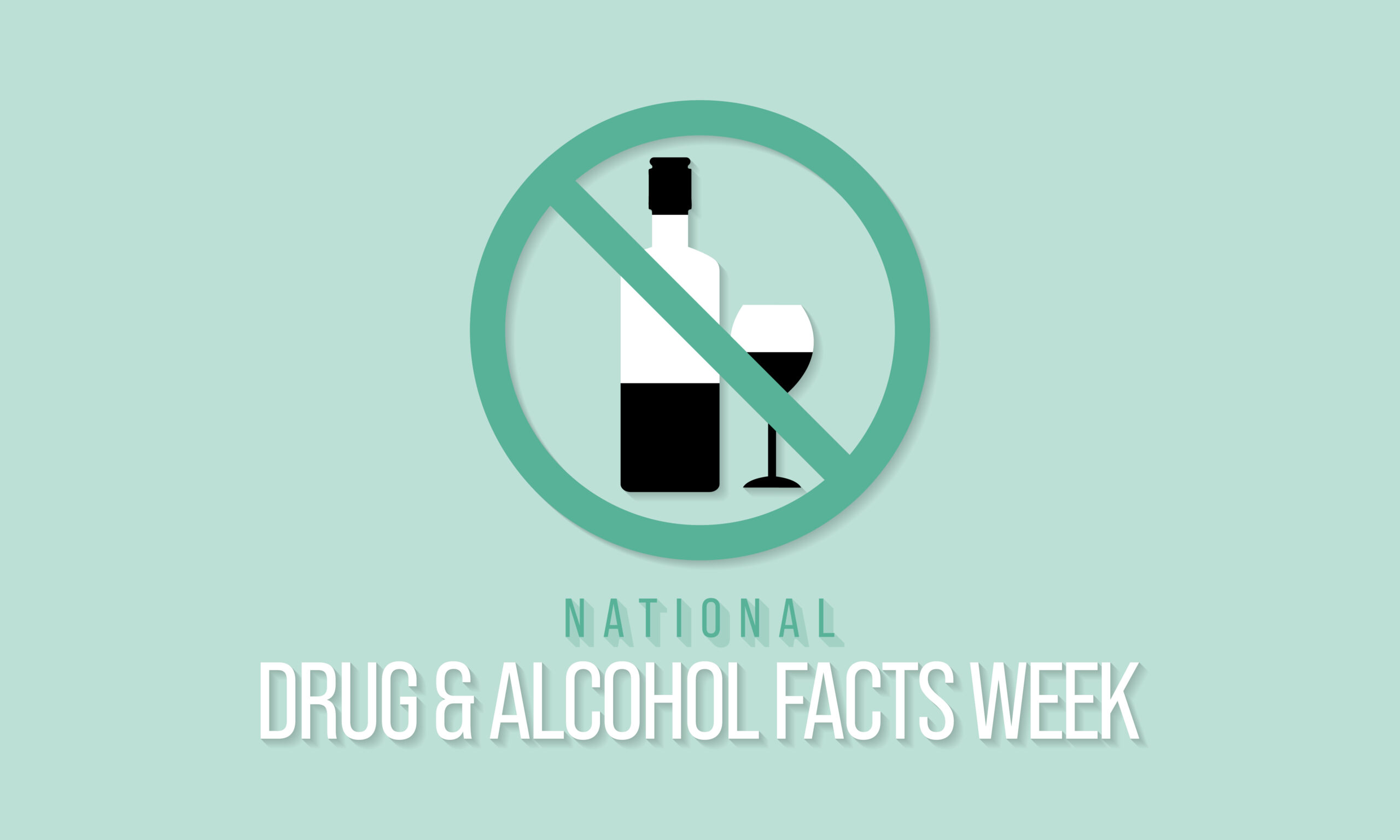America’s opioid abuse and overdose epidemic is well-documented, which can cause other information about drugs and alcohol to go overlooked. Since addiction is such a complex and multifaceted illness, you might be surprised to learn some of these facts.
1. Drug and Alcohol Use Changes the Brain
Though researchers have thoroughly debunked this idea, there is still a persistent misconception that addiction stems from a moral weakness or character flaw. The fact is that anyone can develop a substance use disorder, regardless of their values or background. That’s because drugs and alcohol rewire the brain’s pleasure and reward centers in a way that makes it difficult to derive enjoyment from other sources.
Drinking and drug use triggers the release of a feel-good chemical called dopamine in higher amounts than what would occur naturally. Over time, the brain expects substance use and struggles to find equilibrium without it, which is how a chemical dependency progresses. In other words, people who rely on drugs and alcohol can’t “just say no.”
2. Multiple Variables Contribute to Addiction
Have you ever wondered why some people can drink or take recreational drugs without developing a substance use disorder, while others quickly find their behavior is spiraling out of control? The difference comes down to a complex relationship among genetics, environmental factors and even life events that were outside your ability to change. For example, adverse childhood experiences such as a loved one’s death can cause trauma that continues having a ripple effect into adulthood.
Nobody starts drinking or taking drugs in hopes of getting addicted and losing their health and happiness to a substance use disorder. Unfortunately, some people develop a tolerance before realizing what’s happening because their unique risk factors have made them more vulnerable. Many substances, including meth and cocaine, can lay the groundwork for addiction after only a single use.
3. Addiction and Mental Health Disorders Go Hand in Hand
Worldwide, many people who struggle with addiction have a co-occurring mental health disorder such as depression, anxiety or PTSD. In most cases, these two conditions become so closely intertwined that it can be hard to tell which came first.
A progressively worsening substance use disorder can magnify mental illness symptoms. And as a mental illness progresses in severity, the likelihood of a person misusing drugs and alcohol or engaging in risky behavior such as compulsive gambling will sharply increase.
4. Relapse Is Part of Recovery for Many People
Recovering from a substance use disorder involves many challenges. For some people, returning to substance misuse after a period of sustained sobriety is part of the journey. A relapse does not mean the person has failed or that they are powerless. Instead, it’s a sign that they need to revisit and reevaluate their initial treatment plan to determine what additional support they need to get back on the right track.
5. Addiction Is Treatable
Some people hear that addiction is an incurable disease and assume it’s a hopeless situation. However, like other chronic illnesses such as diabetes, it’s manageable with professional help. The key to lifelong recovery is receiving a customized care plan from a rehab facility that treats each client’s unique needs.
At Pine Grove, we believe in providing individual treatment plans for addiction and behavioral disorders. Our team of addiction specialists account for each client’s health concerns and history of substance use and mental challenges. When you contact us, we will gladly answer all your questions 24 hours a day, seven days a week.

